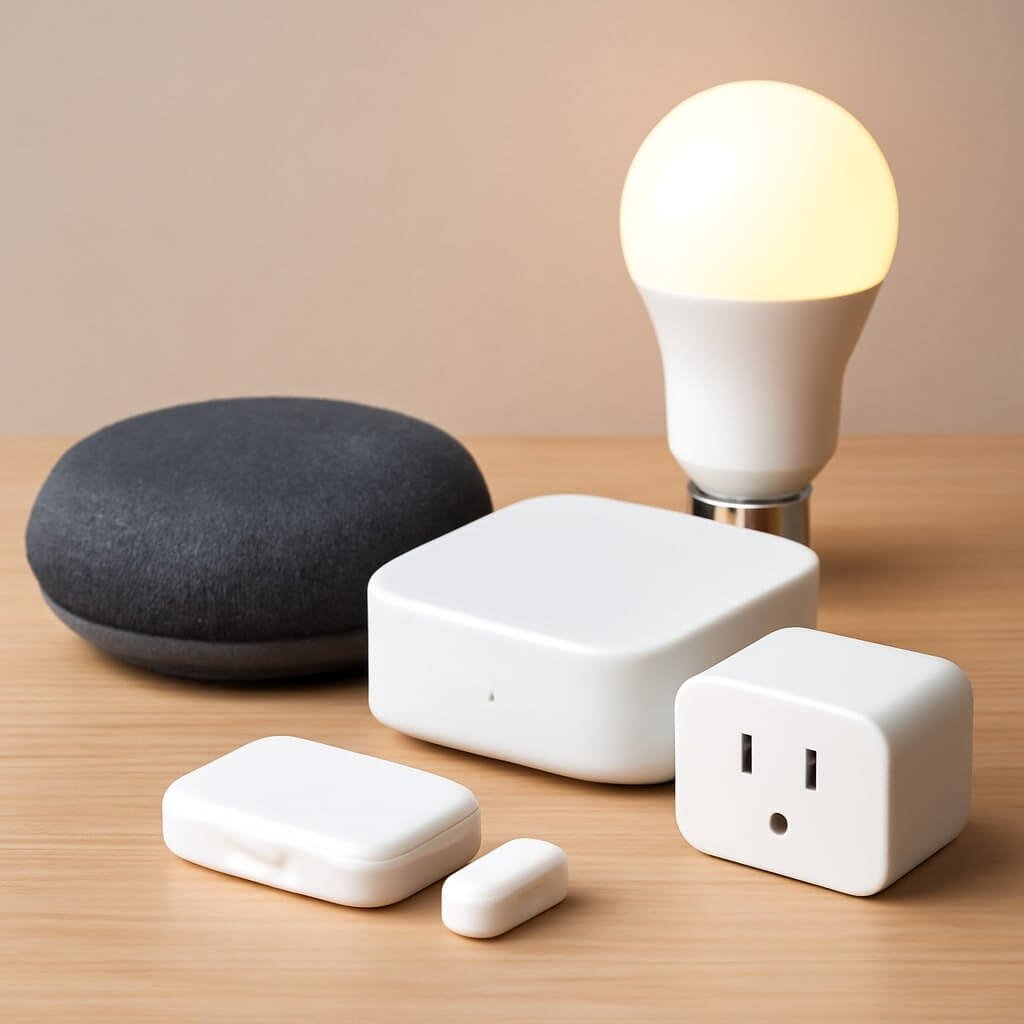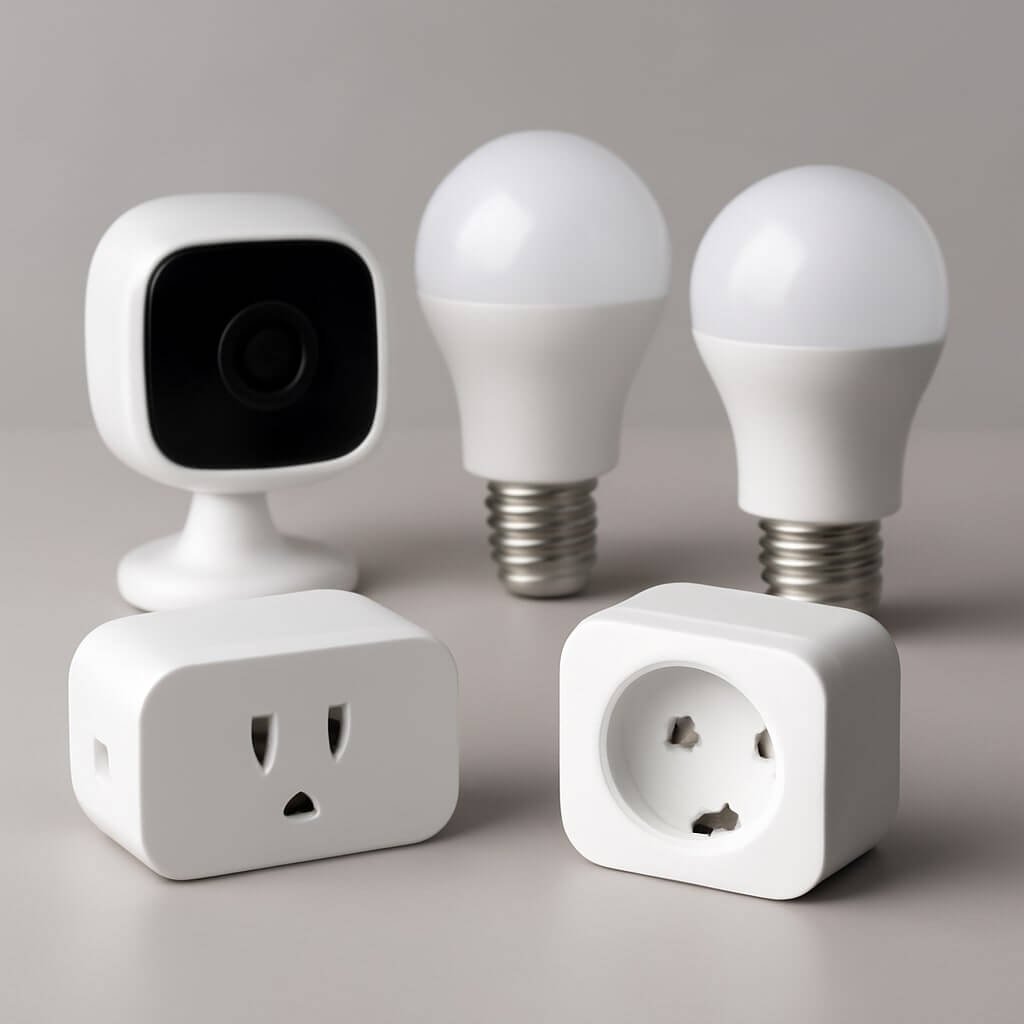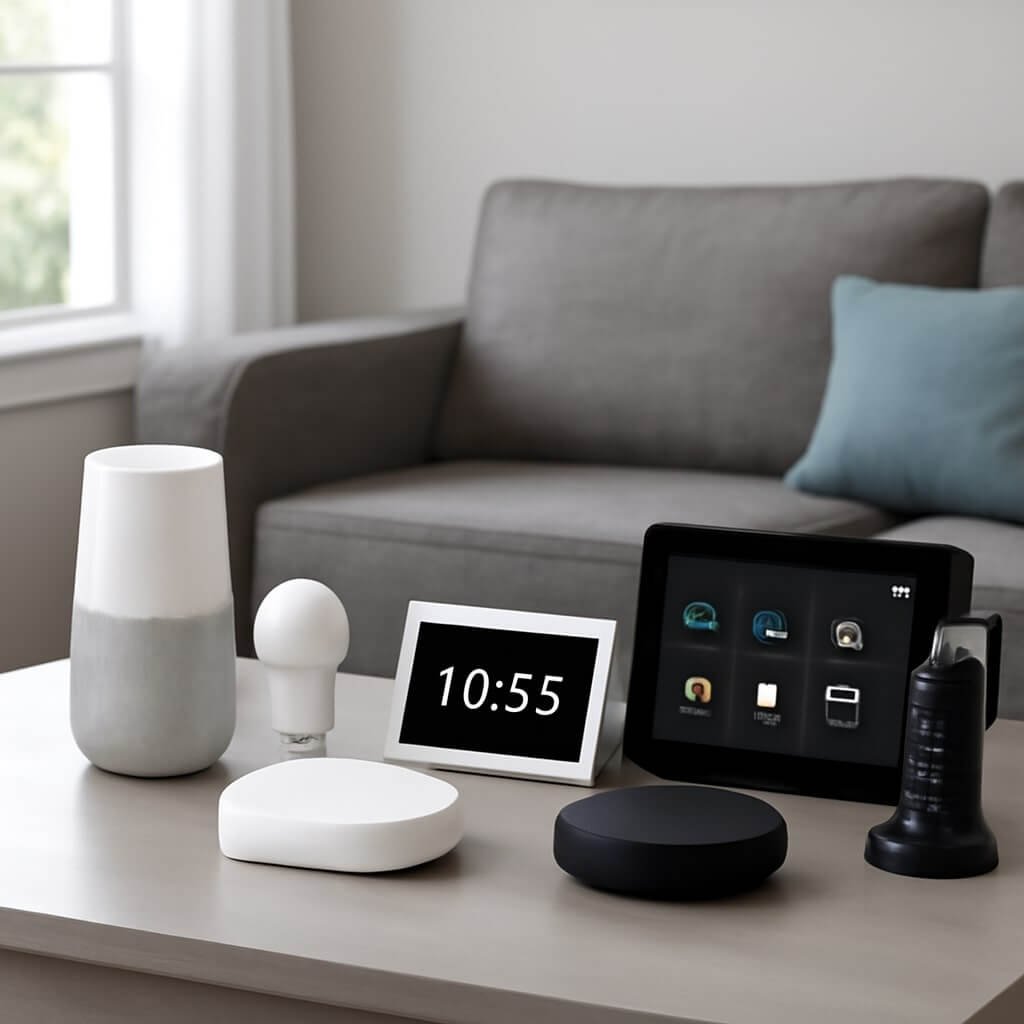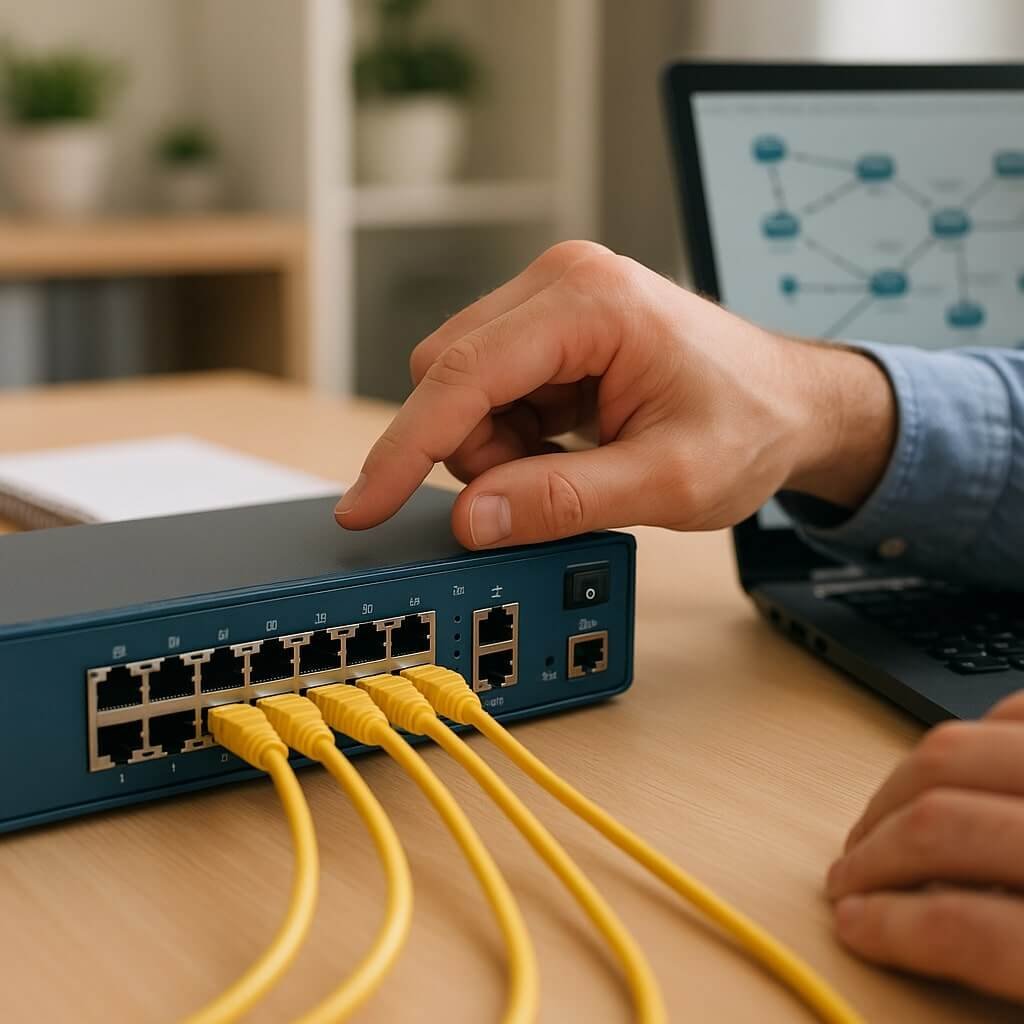Smart home technology has revolutionised the way we live, making everyday tasks more convenient, efficient, and secure. If you’re new to smart home automation, starting with a well-chosen starter kit can make all the difference. Whether you want to dip your toes in without breaking the bank or go all-in with premium features, this guide explores the top smart home automation starter kits for every budget. We’ll help you understand what to look for, which kits shine in various price ranges, and how to get the most out of your new smart home system.
What Is a Smart Home Automation Starter Kit?
A smart home automation starter kit is a curated package that includes essential devices and a hub or controller to get your smart home running smoothly. Instead of buying individual components separately, these kits bundle compatible products like smart bulbs, plugs, sensors, and a central hub, simplifying the setup process.
Starter kits are designed for beginners but often allow room to expand as you grow more comfortable with smart technology. Think of them as your gateway to a smarter, connected home where you can control lighting, climate, security, and entertainment from your smartphone or voice assistant.
Benefits of Using Smart Home Automation Starter Kits
Convenience and Control
One of the biggest perks of using a smart home starter kit is the convenience it offers. Imagine turning off all your lights with a simple voice command or adjusting your thermostat without getting up. These kits give you centralised control that makes daily routines easier and your home more responsive to your needs.
Energy Efficiency
Smart home devices like thermostats, bulbs, and plugs often include energy-saving features. Automations can reduce power consumption by turning off devices when not in use, helping you save on utility bills while reducing your carbon footprint.
Enhanced Security
Many starter kits come with smart security features such as cameras, door/window sensors, and motion detectors. These devices can alert you of any unusual activity, making your home safer whether you’re inside or away.
Key Features to Look for in a Smart Home Starter Kit
Compatibility and Ecosystem
Choose kits that work well with the devices and platforms you already use. Popular ecosystems include Amazon Alexa, Google Assistant, and Apple HomeKit. Ensuring compatibility avoids frustration and maximises your system’s functionality.
Ease of Installation and Use
A smooth setup experience is vital, especially for beginners. Look for kits with clear instructions, user-friendly apps, and minimal technical hurdles.
Device Variety and Expansion Options
The best kits include a variety of device types and allow you to add more smart products over time, so your system can grow with your needs.
Best Budget-Friendly Smart Home Starter Kits
Amazon Echo Dot + Smart Bulbs Bundle
This popular combo lets you control smart bulbs with Alexa voice commands. It’s affordable, easy to install, and perfect for lighting control and basic automation.
Wyze Smart Home Starter Pack
Wyze offers an excellent starter pack featuring cameras, sensors, and smart plugs—all at a wallet-friendly price. Great for those prioritising security and convenience without splurging.
Mid-Range Smart Home Automation Kits
Samsung SmartThings Hub Starter Kit
SmartThings provides a robust ecosystem supporting a wide range of third-party devices. Its hub allows more complex automations and greater flexibility compared to budget kits.
Google Nest Learning Thermostat + Devices
Ideal for those focused on climate control, the Nest Learning Thermostat adapts to your habits, optimising heating and cooling for comfort and savings.
Premium Smart Home Starter Kits
Apple HomeKit Starter Bundle
For Apple users, HomeKit offers seamless integration across iOS devices with high privacy standards and a sleek interface. Premium devices in the kit ensure quality and longevity.
Control4 Smart Home System
Control4 caters to luxury smart homes, offering extensive customisation, professional installation, and integration with high-end audio and security systems.
How to Choose the Right Smart Home Starter Kit for You
Assess Your Home’s Needs and Budget
Identify which features matter most to you—security, convenience, energy savings—and how much you’re willing to spend.
Consider Compatibility with Existing Devices
If you already own smart gadgets, pick a kit that supports them or the same ecosystem.
Prioritise User Experience and Customer Support
Good customer service and a well-designed app can make your smart home journey smoother.
Setting Up Your Smart Home Automation Starter Kit
Step-by-Step Installation Guide
- Unbox and check all devices
- Connect the hub to your Wi-Fi network
- Download and install the companion app
- Add and configure each device following the app prompts
- Create automation rules and scenes
Tips for Optimizing Performance
- Place hubs centrally for better signal coverage
- Regularly update device firmware
- Use strong Wi-Fi passwords and secure your network
Maintaining and Expanding Your Smart Home System
Regular Updates and Security
Keep software updated to patch vulnerabilities and improve features.
Adding New Devices Over Time
Expand your system gradually to avoid overwhelm, focusing on devices that add meaningful value.
Common Challenges and Troubleshooting
Connectivity Issues
Wi-Fi interference or weak signals can cause device dropouts; consider Wi-Fi extenders or mesh networks.
Device Compatibility Problems
Ensure all new devices support your chosen ecosystem to maintain smooth operation.
FAQs About Smart Home Automation Starter Kits
Can I mix devices from different brands in one smart home system?
It depends on the ecosystem. Some hubs like Samsung SmartThings support multiple brands, while others like Apple HomeKit require certified devices.
Do I need a professional installation for a starter kit?
Most starter kits are designed for easy DIY installation, but complex systems may benefit from professional help.
How secure are smart home devices?
Security varies by brand; always use strong passwords and keep devices updated.
Can smart home kits help reduce energy bills?
Yes, especially those with smart thermostats and lighting controls.
What if I want to add more devices later?
Most kits support expansions, but confirm compatibility first.
Are voice assistants necessary for smart home systems?
Not always, but they greatly enhance usability and convenience.
Conclusion: Start Smart with the Right Automation Kit
Choosing the right smart home automation starter kit is the first step toward a more connected, efficient, and secure home. Whether you’re budget-conscious or ready to invest in premium features, there’s a kit out there that fits your needs. Evaluate your priorities, consider compatibility, and start small — your smart home journey awaits.






